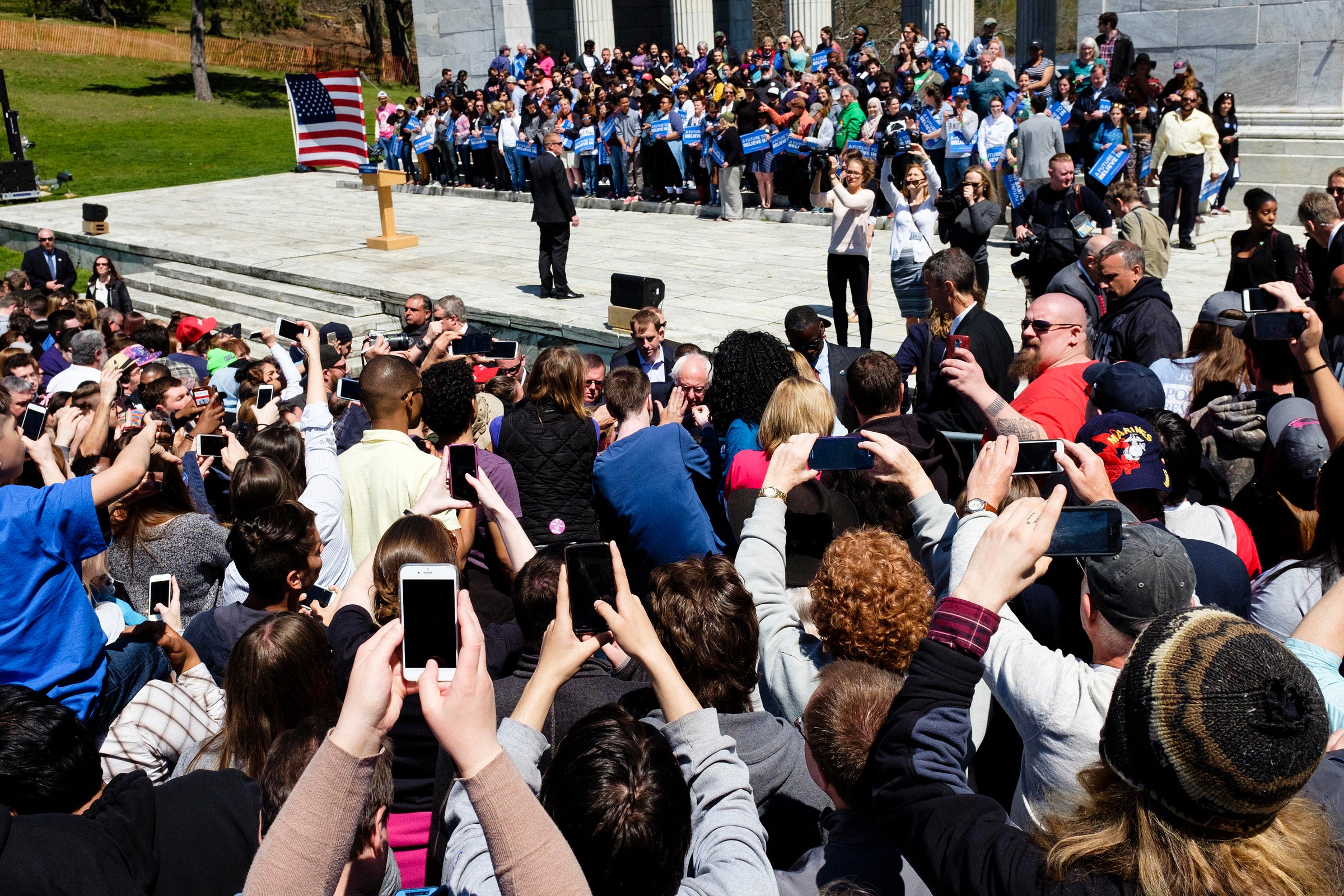Developments Continue Developing
"Shock and awe" isn't just for Iraqis any more — and increasingly there is no insurance for it
(No. 69, an ±07 minute read)

As I write this Monday morning the First Street 12th National Risk Assessment has been made available and the 44 page PDF waits ominously on a hard drive for me to read. In a nutshell: risk is high, unprecedentedly so, according to First Street. The tip off? The report’s title, “Property Prices in Peril.” First Street’s mission, as stated on their website is “To connect climate risk with financial risk,” and they are one of the most respected sources of financial climate risk assessment working. The conclusion of their twelfth assessment indicates that the “bedrock of [American] household wealth and a driving force in the national economy” is under threat; the reality of the $50 trillion dollar residential real estate industry is that it did not account for global warming soon enough.
Insurers are scrambling to make up and gird for losses by abandoning markets or raising rates to untenable levels for all but the most wealthy. This will rapidly destabilize the U.S. housing market, already seeing the effects of domestic climate migration. Increasing migration caused by climate-related housing concerns will have substantially troublesome effects at the individual, community, municipal, state, and national levels. There are no innocents in where we are today relative to First Street’s concerns; not the real estate industry which failed — or chose not — to understand its risk, not state governments which deflated true costs of housing by propping up failing insurance markets with state-backed insurance, neither American politicians who ignored climatic realities, certainly not fossil fuel producers, and not American citizens at large who have failed to grasp the severity of the “reconfiguring [of] the economic geography of the entire nation” the report sees ahead.
So here we stand, entering the third week of the second Trump administration, engaging in earnest in what H.L. Mencken described as the “whole aim of practical politics… to keep the populace alarmed (and hence clamorous to be led to safety) by menacing it with an endless series of hobgoblins, all of them imaginary.” For these last two weeks the threatening hobgoblins have been immigrants, trans and other LGBTQ people, and diversity and equity initiatives leavened with a smattering of critical race theory. Trump’s unrelenting savoir faire in equating diversity with incompetence is no more than thinly veiled racism, drawing on generations of American tradition demonizing racial and ethnic minorities as being incapable of living as honorable and contributing citizens, as well as just generally incapable. The Trump administration’s hunting of trans kids (and adults), and other queer people, to define them out of existence and invalidate their rights, has direct precedent in early 1930s Germany. Woe be it to all of us should this administration’s work on this front even draw slightly near the Nazi’s successes as early as 1935.1
Might Sean Duffy, our new Transportation Secretary who is tying DOT funds to states’ marriage and birth rates, agree with the sentiment that, “All things which take place in the sexual sphere are not the private affair of the individual, but signify the life and death of the nation?” My supposition after Friday’s DOT memo is that, yes, he would. Would it bother him, or any other administration acolytes seeking to demonize minorities or a vanishingly small queer segment of the population (or whom have espoused Christian Nationalist beliefs or sympathies) that these words were spoken by Heinrich Himmler in a 1937 speech to SS leaders defending the persecution, and even murder, of homosexuals as desirable because they do not reproduce?2 Today’s ideologues appear blissfully unconcerned by their associations with distasteful precedent, until it colors their work in the eyes of “the people.”3
I spent last week watching those I care about working on necessary programs that touch on public health, response to forthcoming global warming-influenced catastrophes, and environmental conservation, reel in the face of Trump administration diktats.4 The conditions of human disease and epidemics, reproductive and sexual health, laws of physics, and a dangerous life on earth thanks to failures of natural ecosystems will not change if the Trump administration says these things are no longer concerns, or real, or somehow or another do not fit their worldviews. And we will pay handsomely, many, many times over for this imposition of doctrine over reality.
I am tired, I am hurt, and I am mad. And I will continue, in the face of current fashion for “vibes” over reported truth, to investigate, draw on historical parallels to shed light on current issues, and share pictures of what I see. (Below are three more from my current, ongoing project, “Make the Call.” Their timeliness is curdling my blood.) If what you’ve been reading here at Uncertainty Today is at all useful to you, would you share it with a pal, family member, or even an avowed enemy? It’s going to be a rough road, maybe they’d appreciate it and I’ll certainly be grateful for the readership. Thanks and sorry for the explicit plea, but I think I probably should be better at doing that sort of thing? You tell me. And now the pictures:
Western Americana on Display in an Antelope Valley Diner
The United States’ self-image has long been one of mavericks, myths, and frontiers. Longitudinally divided by three major mountain ranges — the Appalachians, the Rockies, and the Sierra Nevada — the young nation’s frontiers were neatly geographically delineated, providing easy fodder for myth-making as its European settlers spread West to send furs, meat, and precious metals East to feed the mercantile engine developing along the Atlantic seaboard after the British monarchical yoke was shaken off.
In 1846 Massachusetts Representative Robert C. Winthrop spoke of “the right of our manifest destiny to spread over this whole continent,” addressing Congress from the floor. So sure of this right as uniquely American he said, “I suppose the right of a manifest destiny to spread will not be admitted to exist in any nation except the universal Yankee nation!” Winthrop gave his speech during the second half of the 55 years-long Texas-Indian Wars, merely a single skirmish in the staggeringly protracted, overarching American Indian Wars spanning 1609 to 1924.
Not quite four months after Winthrop’s delivering his floor oration the Mexican-American War erupted — the outcome of which was the loss of more than 50 percent of Mexican territory to the U.S. including California, Nevada, Utah, New Mexico, most of Arizona and Colorado as well as the southern bits of Oklahoma, Kansas and Wyoming. For good measure in signing the peace Mexico quit all claims on Texas and agreed to the Rio Grande as the northern border between the two countries.
The war both popularized the term “manifest destiny,” likely coined in an editorial advocating the annexation of Texas in 1845, and birthed the American West and its myths of cowboys, cattle, and vacant landscapes occasionally populated by “Indians to provide a modicum of challenge and danger” in the words of William Burroughs’ ‘Thanksgiving Prayer.’
Bernie Sanders Personally Engages Rally Attendees in Rhode Island
True populist and independently-affiliated candidate for president, Maine Senator Bernie Sanders’ willingness to engage crowds at rallies during his 2016 primary campaign for the Democratic Party’s presidential ticket burnished the sense he was running on behalf of ordinary Americans. Sanders narrowly lost his bid to Hillary Clinton. In 2020 he lost another primary campaign; to incumbent president Joe Biden — who ultimately left the ticket to be replaced by his Vice-President, Kamala Harris. Sanders’ 2020 performance reflected a less spirited mustering of left-leaning anti-establishment supporters enamored with his anti-corporate sentiments than he was able to raise in 2016, perhaps due to an inability to reckon with baser populist attitudes unloosed by Donald Trump.
In a much more polarized country than even 2016 revealed, and after two attempts on candidate Donald Trump’s life, in addition to an attack on the Capitol seeking to block the transfer of presidential power from Trump to Biden on January 6, 2021, Sanders’ 2016 sort of physical public engagement by high profile public figures appears to be diminishing in an America flush with firearms, dissatisfaction, and disinformation. Luigi Mangioni’s alleged assassination of health insurance CEO Brian Thompson in December of 2024 seems likely to drive public figures of every stripe further from personal contact with fans and constituencies. In the aftermath of the Thompson killing, innumerable CEO profiles disappeared from the company websites across many industries, not least in the health care, and oil and gas industries.
In a May 26, 2003 CNN Money interview Jeff Bezos told a reporter, “I've not seen an effective manager or leader who can't spend some fraction of time down in the trenches.”
Commuters Derailed by Protest in Downtown Los Angeles
As occurred in other cities nationally, the first Trump administration pushed citizens of Los Angeles to take to the streets in protest, beginning with the international Women’s March. Four years of protest focused on immigration, the Black Lives Matter movement, climate concerns, and in favor of stricter national gun laws were exhausting and appear not to have changed much in the country’s discourse, or trajectory, with Trump’s re-election to serve a second term beginning in January of 2025.
Across the country, 21 states have enacted laws designed to restrict peaceful assembly in protest, while two states — New York and New Jersey — have bills pending. These restrictions have, in some cases, been pushed by oil and gas industry lobbying. There are widespread concerns that the second Trump administration will seek to further restrict Americans’ right to public dissent and free assembly, perhaps reprising its previous deployment of militarized units of the U.S. Customs and Border Patrol wearing uniforms free of identifying insignia against protesters in Portland, Oregon — Customs and Border Patrol claiming its units were not subject to the same constitutional controls as ordinary law enforcement personnel.
This is worth a read, if only to see that we have once been here and that it lead to horrific places humankind had previously entirely rebuked.
Attribution same link to the Wiener Holocaust Library as previous footnote.
It is notable that Timothy Hale-Cusanelli, the notable white supremacist in that first link in the sentence appeared to have been invited to the inauguration.
I stand by “diktats” because of this math: 68 million voters chose Harris or a candidate other than Trump while 73 million cast ballots for Trump. 195 million Americans did not vote, by choice or because of ineligibilities of age, felony, immigration status, or identification. I reported this here in the caption of the photo of the disgusted Navy vet.





